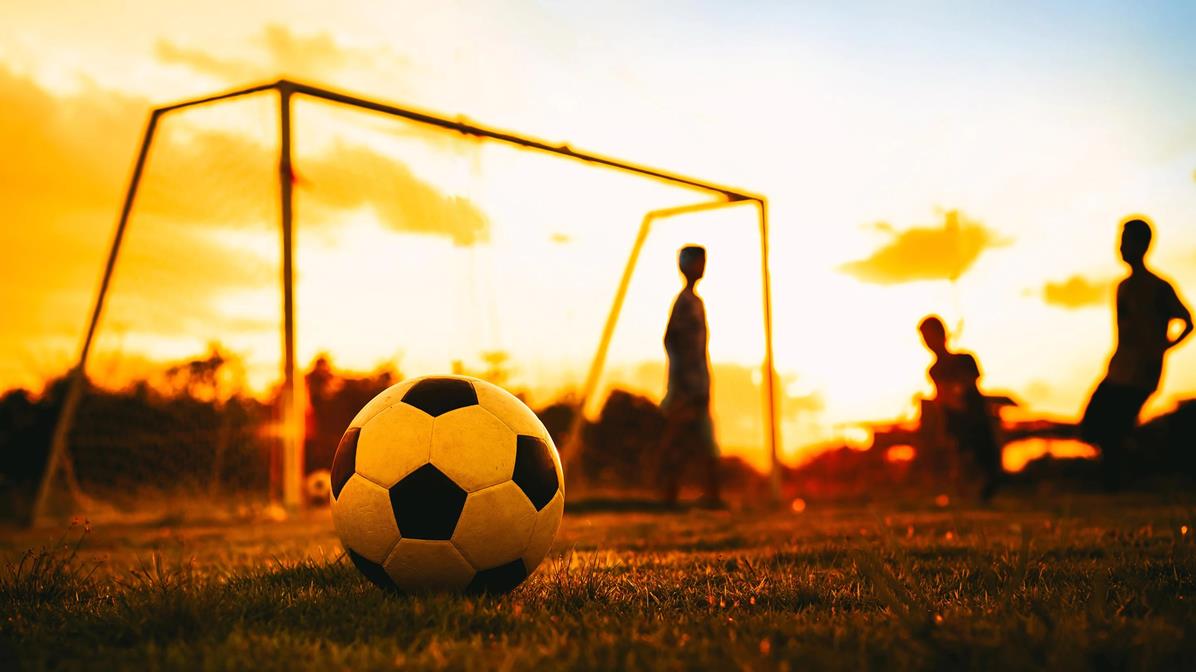Sport for Refugees Coalition reiterates commitment to creating sports opportunities for refugees

16 Dec 2021 – Two years after its creation at the first-ever Global Refugee Forum (GRF), the Sport for Refugees Coalition gave an update on its activities at the High-Level Officials Meeting, an event co-hosted by the UN Refugee Agency (UNHCR) and Switzerland – which took place virtually on 14 and 15 December.
Attended by senior government officials and representatives of relevant stakeholder groups, the meeting reviewed the progress made since the last GRF, with the aim of maintaining the momentum towards achieving the objectives of the Global Compact on Refugees (GCR) adopted by the United Nations General Assembly in 2018.
The Sport for Refugees Coalition is co-led by the Olympic Refuge Foundation, UNHCR and the SCORT Foundation, and consists of more than 80 partners from governments to National Olympic Committees, International Sports Federations, clubs, associations and civil society organisations. All the entities came together in 2019, pledging to use sport to improve the lives of refugees.
Addressing the High-Level Officials Meeting, Marc-Andre Buchwalder, CEO of the SCORT Foundation, explained that, despite the many challenges faced due to the COVID-19 pandemic, there has been an increased desire and appreciation for all that sport and physical activity stand for in responding to refugee needs and well-being.
“Innovative approaches to securing access to sport – whether delivered online or in-person – provided a vital distraction to the daily stresses all around us,” he said. “They further highlighted the role sport plays in promoting mental health and psycho-social well-being, especially in times of crisis.”
Transforming pledges into concrete and impactful actions
Despite the challenges induced by the pandemic, the Coalition reiterated its commitment to finding innovative ways to deliver on its pledges:
- To promote and ensure access for all refugees, without distinction of any kind, to safe and inclusive sporting facilities.
- To increase availability and access to organised sports and sport-based initiatives for refugee and hosting communities, actively considering age, gender, ability and other diversity needs.
- To promote and facilitate equal access to and participation of refugees in sporting events and competitions at all levels.
“Moving forward, the Coalition will seek to harness opportunities to establish cross-sectoral partnerships beyond the traditional sports organisation,” Buchwalder concluded.
“Partnerships that can unlock new resources, promote greater collaboration, help overcome obstacles and enable more refugees to get access to and benefit from sport. This could be reflected in the form of joint pledges or new pledges at the next GRF in 2023.”
The power of partnerships
Partnerships are at the heart of the work of the Olympic Refuge Foundation. Created in 2017, the Foundation marks the next chapter in the International Olympic Committee’s long-term commitment to supporting refugees through sport 365 days a year.
The Olympic Refuge Foundation uses sport to improve well-being, and to connect and create opportunities for young people affected by displacement.
Currently, up to 200,000 young people have been reached by sports programmes delivered with partners in six countries. The Foundation is aiming for one million young people affected by displacement to have access to safe sport by 2024.
Bringing hope and inspiration through the Refugee Olympic Team
The IOC has been supporting refugees through sport for many years. One key initiative aimed at raising awareness of the global refugee crisis was the creation of the Refugee Olympic Team. At the Olympic Games Tokyo 2020 this summer, 26 refugee athletes were able to compete on the world stage, sending a strong signal of hope to millions of refugees around the globe.
Aram Mahmoud, who competed in badminton, recently shared in an interview why his journey to Tokyo 2020 was so special, and explained the role that sport has played in helping to change his life for the better. He underlines that, for children and young people uprooted by war or persecution, sport is much more than a leisure activity, and that, for refugees, sport is an opportunity to be included and protected – a chance to heal, develop and grow.
Recognising the role of sport to help refugees
The GCR, the international framework for strengthened cooperation and solidarity with refugees and affected host countries, specifically recognises the contribution of sport and sporting entities in the protection and well-being of refugees and the internally displaced.
One of the side events organised ahead of the High-Level Officials Meeting explored how sport is an effective and innovative medium for strengthening and advancing refugees’ self-reliance, one of the four objectives of the GCR. The session, which was very well attended, highlighted the key role that sport and sports entities can play in building better futures for refugees, as well as inspiring further collaboration across stakeholder groups.





